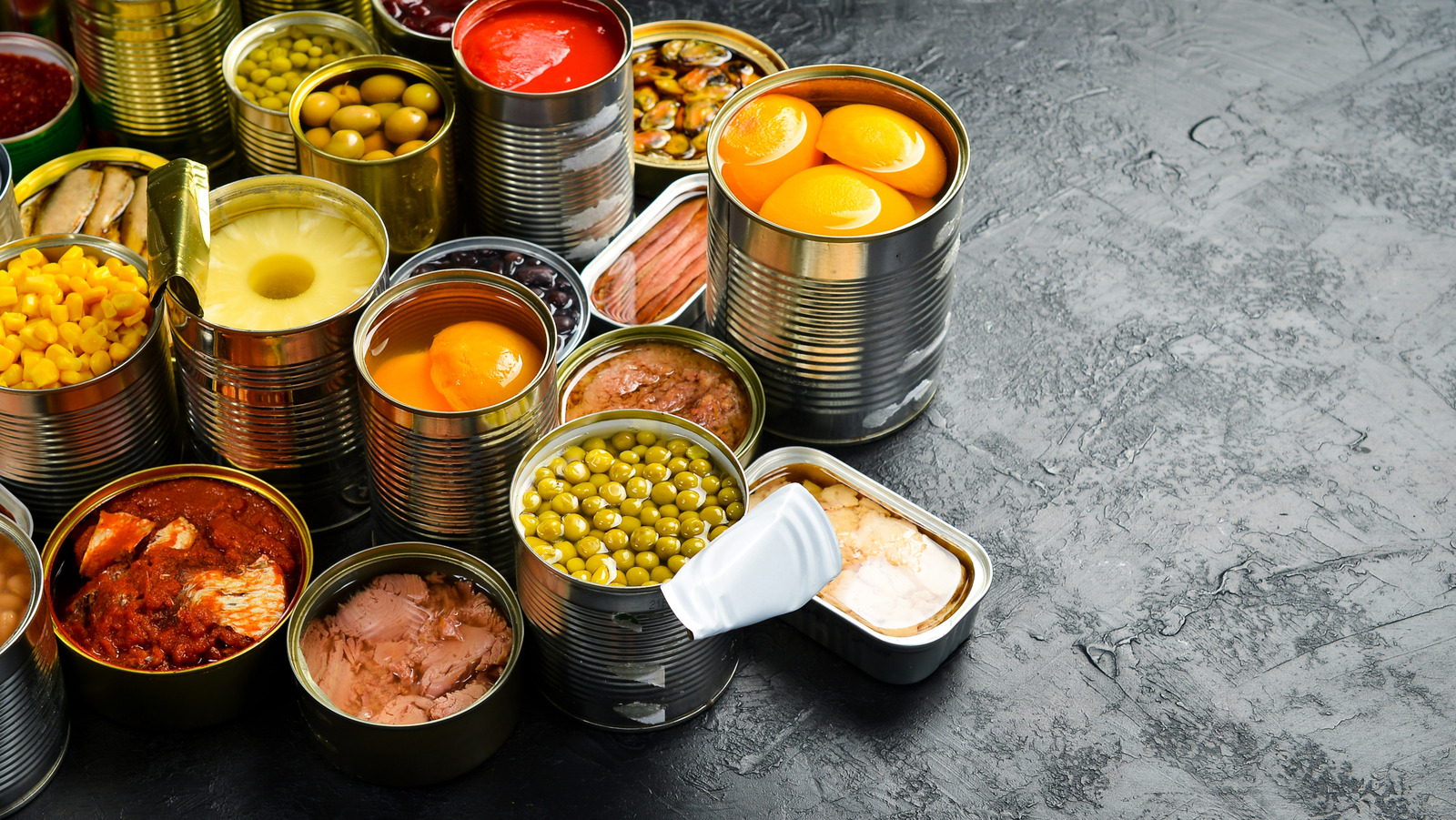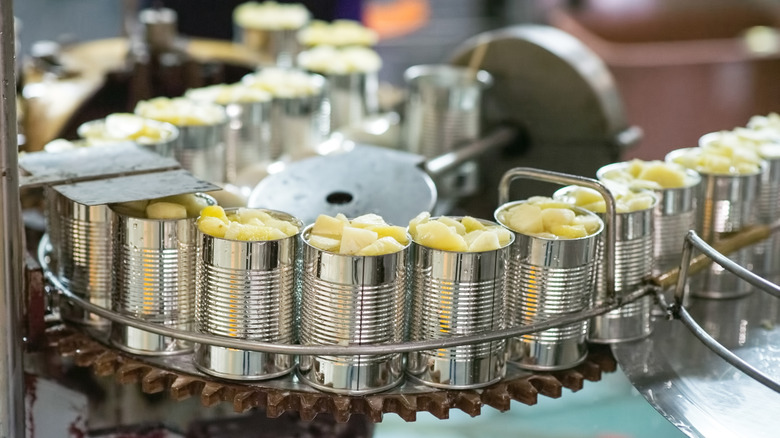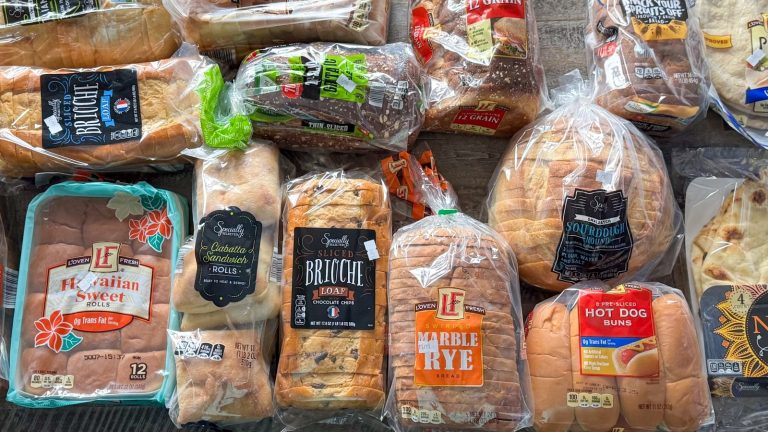Canned food being so affordable has actually given it a mixed reputation. On one hand, the low prices associated with canned food have made it beloved, but budget-conscious shoppers and food pantries alike. There is only so much you can dislike something that helps so many people get fed affordably. But for some people, affordable also means cheap, as in low quality, or even unhealthy — a mass-produced and overly processed way to conveniently feed yourself without regard for freshness or nutrition.
But while some canned food certainly falls into the flavorless mush category, plenty of canned foods are great, and many are just as healthy as something you make fresh. And contrary to what some people might think, the reason canned food is cheap is also why it’s great: because of the science of preservation.
Lots of factors affect how expensive food is, as anyone following stories about high tariffs and grocery prices has probably learned. Some foods can be labor intensive, like cherries, only grow in certain strict climates, like coffee, or have both problems, like real vanilla. Canning doesn’t fix those issues, but it does tackle a big one that makes anything more expensive: shelf life. The faster something spoils, the more waste there will be, which means retailers need to charge higher prices for the stuff that does sell to cover the cost of producing it. But canned food extends products life so much that it gives producers and retailers lots of time and flexibility.
A long shelf life cuts down on shipping and production costs for food
The storage math that makes canned goods cheap is the same, even for fresh products. Part of the reason why popular grains like wheat and rice became staple foods is that they can be stored for a very long time without spoiling, even before refrigeration, which made them affordable to common people. Unprocessed wheat berries can actually last for eight years or more with proper storage. Canning just provides the same benefits to much more perishable foods like peaches, green beans, and even meat. And beyond being perishable, it also makes highly seasonal ingredients, like tomatoes, available year round at those lower prices.
Preservation doesn’t just mean less loss either, it also gives companies the ability to store items off site in cheaper warehouses for years before being shipped to stores, instead of taking up premium shelf space. You also get the cost benefits that come with the processing of less healthy foods. Canned goods can be produced in bulk, which brings down prices through economies of scale, like any form of mass production. And while things like weather can still affect the supply of some of the vegetables and fruits that get canned, the long storage allows suppliers to smooth over supply chain disruptions and minimize price fluctuation.
Canning preserves food for a long time while retaining plenty of nutrients
Canning is able to preserve food so well because it tackles multiple sources of food degradation at once in a relatively low cost and easy process. The most obvious is sealing the food, as oxygen exposure is what draws a lot of flavor and nutrients from fresh food that sits out. The second is moisture loss, which is helped both by being sealed in an airtight environment, and because canned foods are often stored in water, brine, or other liquid solutions. Beyond that, cans are also heated, which kill micro-organisms that spoil food and also makes natural enzymes in the food that help it decay dormant. Those are the secrets to the long shelf life that makes canned food so cheap.
While you may also think that canned foods are low-cost because they are overly processed, the reality is that canned foods are often almost as nutritious as fresh food. While the process of canning, especially heating, can cook out some vitamins, most nutrients in canned food are preserved along with the food. Some canned foods have added salt or sugar to aid preservation but, in general, they are often healthy options too. And some things like tomatoes actually taste better canned than fresh in certain circumstances. So don’t fret too much over canned food’s affordability, it’s more about the power of science than it is about low quality or manufacturers cutting corners.







